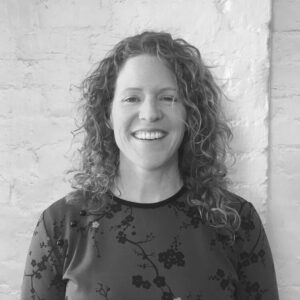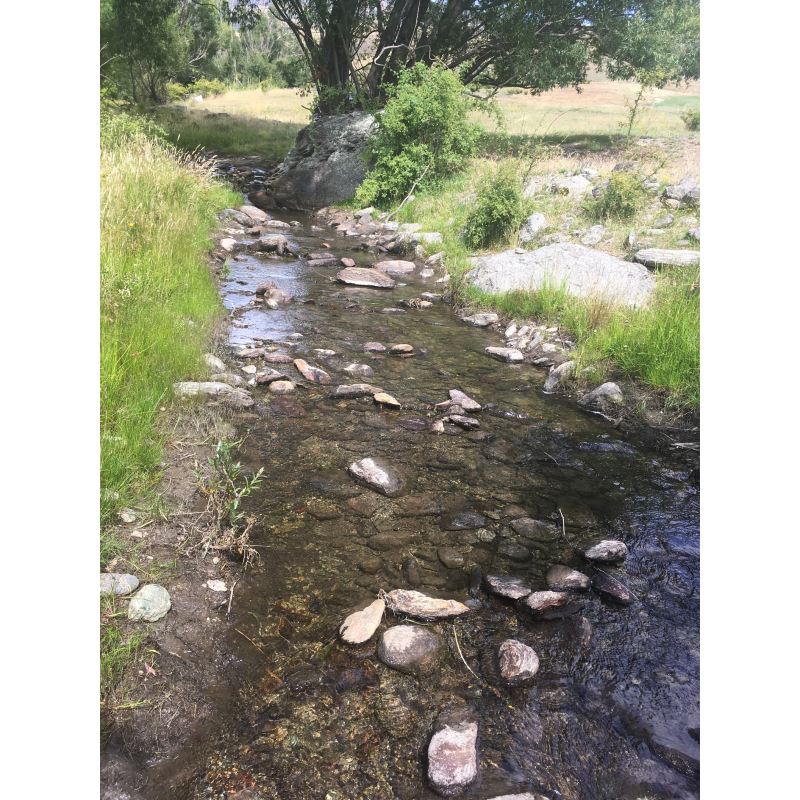
Sally Dicey
Senior Consultant — Natural Environment & Community Planning


Senior Consultant — Natural Environment & Community Planning
What are the local needs, issues, and factors? We facilitated workshops with ORC and mana whenua representatives to understand the focus and scope of the process. Interviews were held with representatives of 22 stakeholder groups and agencies to understand the drivers and focus of groups.
We found a complex network of relationships between stakeholders. We found that catchment groups are largely farm focussed. The majority of stakeholders are stretched and, with limited capacity, wanted clarity around the purpose of the process. Some could see benefits from a collaborative process, including relationship building, streamlining of work programmes, and alignment of priorities.
What are the options? We reviewed the literature on multi-stakeholder engagement and participatory planning processes. The review highlighted that it is not just the format or platform for collaboration that is important but how the process is run.
What did we recommend? After evaluating the options based on local context and the purpose of the collaboration, we recommended a Community Reference Group structure for the development of each catchment action plan. This would enable decision-making on complex issues and support community buy-in, and would best acknowledge the need for action by multiple stakeholders to achieve change.
The process requires sufficient time and resources, a clearly stated purpose and scope, supports the development of trust, and needs experienced facilitators, with the right tools used at the right stage of the process. A process that supports a shared learning journey was also recommended, to enable dialogue and joint understanding of issues and the perspectives of others, as well as valuing and integrating different forms of knowledge such as mātauranga Māori.

Level 3
2 Dowling Street
Dunedin 9016